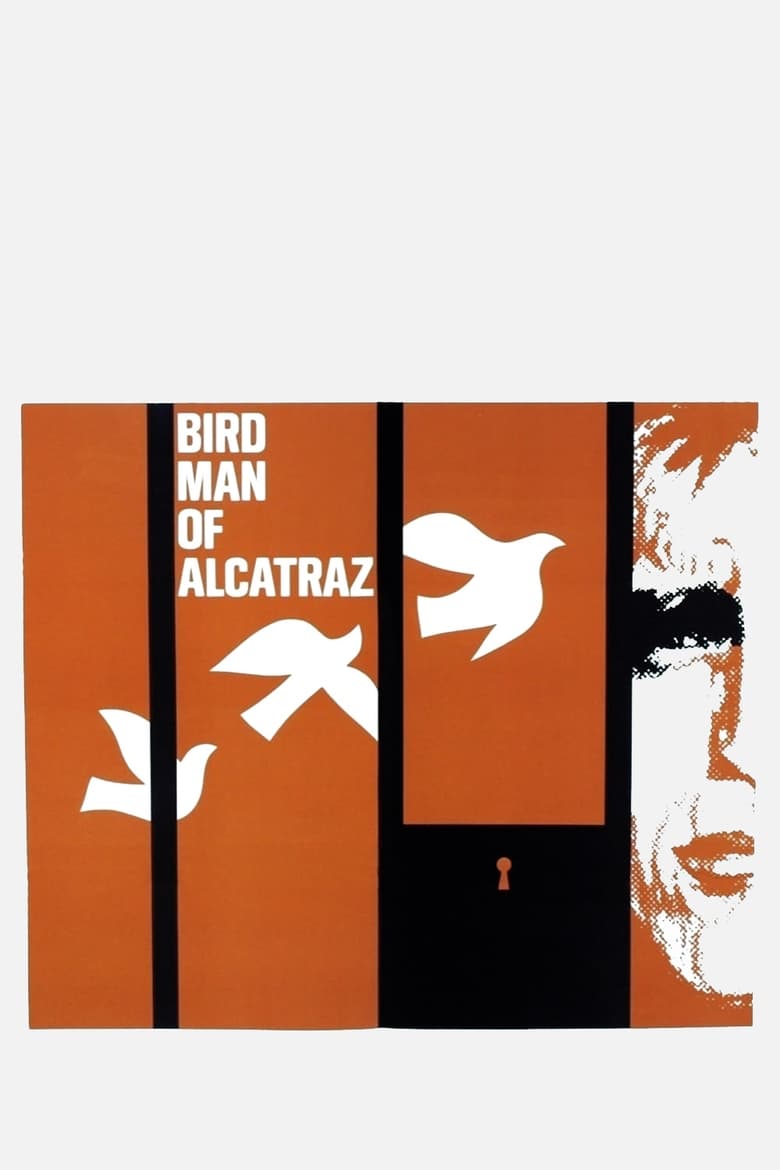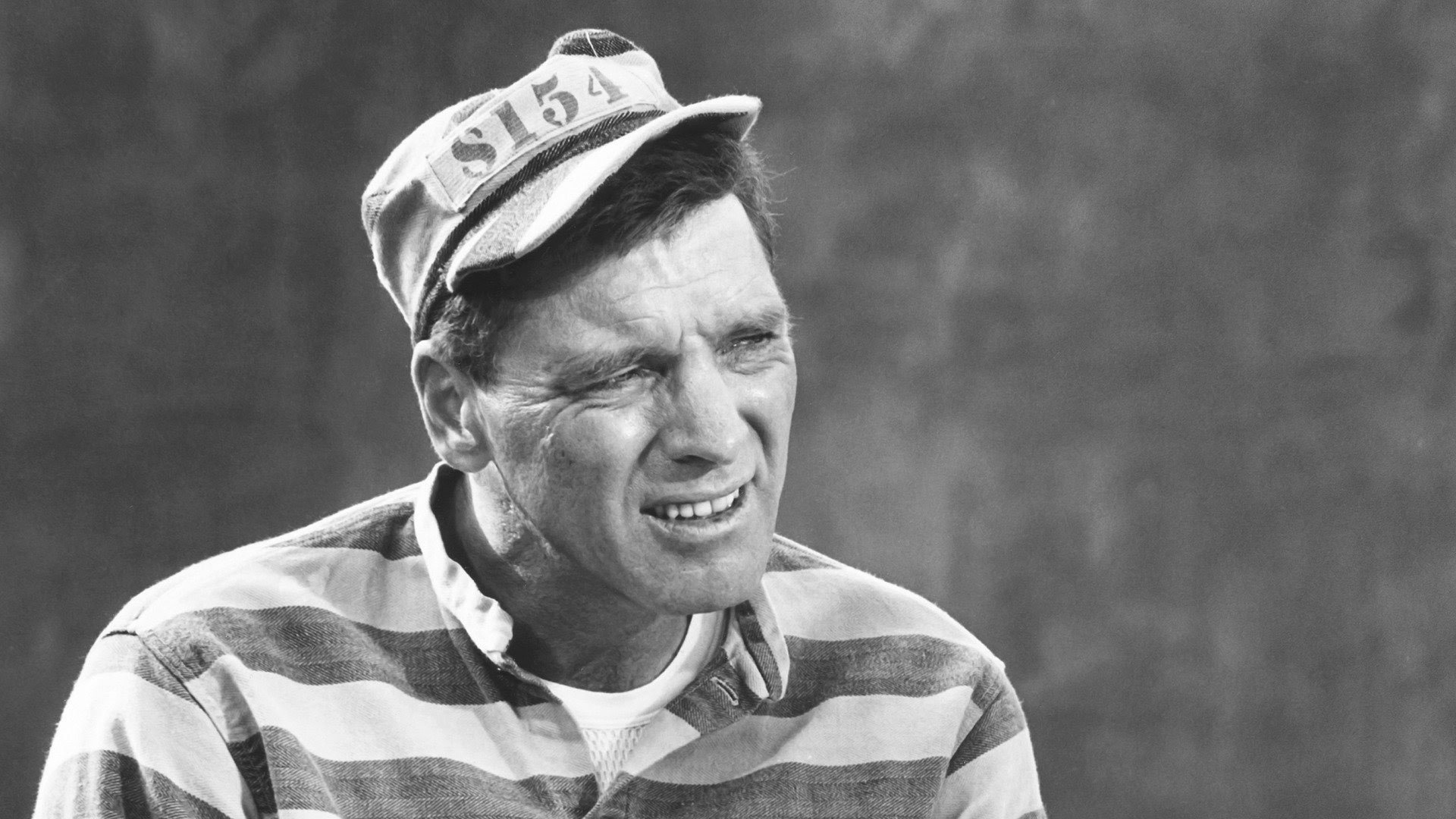
Birdman of Alcatraz
After killing a prison guard, convict Robert Stroud faces life imprisonment in solitary confinement. Driven nearly mad by loneliness and despair, Stroud's life gains new meaning when he happens upon a helpless baby sparrow in the exercise yard and nurses it back to health. Despite having only a third grade education, Stroud goes on to become a renowned ornithologist and achieves a greater sense of freedom and purpose behind bars than most people find in the outside world.

CinemaSerf@Geronimo1967
It's barely the start of the twentieth century when Stroud (Burt Lancaster) starts his long career in jail. He is already guilty of murder before he loses the plot with a malevolent guard and adds to his crimes. Sentenced to swing, it's only the direct intervention by his mother with the President himself, that sees his punishment commuted and him returned to the prison run by the psychologically brutal Harvey Shoemaker (Karl Malden) who rules his empire like it were a fiefdom - and Stroud is never to leave solitary confinement. On his brief daily wander round the prison yard he discovers a sparrow that has broken it's wing falling from it's nest. He decides to try and help it and after some extensive study becomes a bit of an expert in avian medicine and manages to help his new wife "Stella" (Betty Field) run a specialist business. The a transfer comes. To Acatraz he must go - and shortly after his arrival, he finds himself under the command of his old antagonist. Shoemaker is no thug, though - he does begin to develop a bit of a grudging respect for "Stroud" all while he starts from scratch with his bird business and, as the title suggests, begins to work on a plan even more audacious. Lancaster is super here. He plays the part to perfection with a balance of the violent, the calculating and the delicate that I think is pretty much unmatched in cinema. Malden also serves as an effective foil as the intellectual cat and mouse game becomes more attritional, sophisticated and powerfully portrayed. If there ever was a film about imprisonment offering lack of opportunity and purpose, this is it - and what's clear is that the authorities would have actively encouraged Stroud's gradual decline into cerebral morbidity had he not been astute enough to galvanise his friends on the outside and keep his wits sharp - and that's equally well presented by Guy Trosper's potent screenplay. The supporting cast is also strong with powerful efforts from Whit Bissell, Edmond O'Brien and Neville Brand helping to deliver classic big screen cinema that allows the star to be undeniably that.
